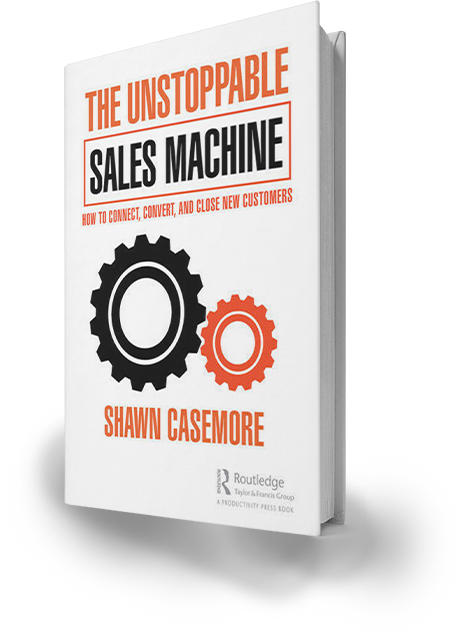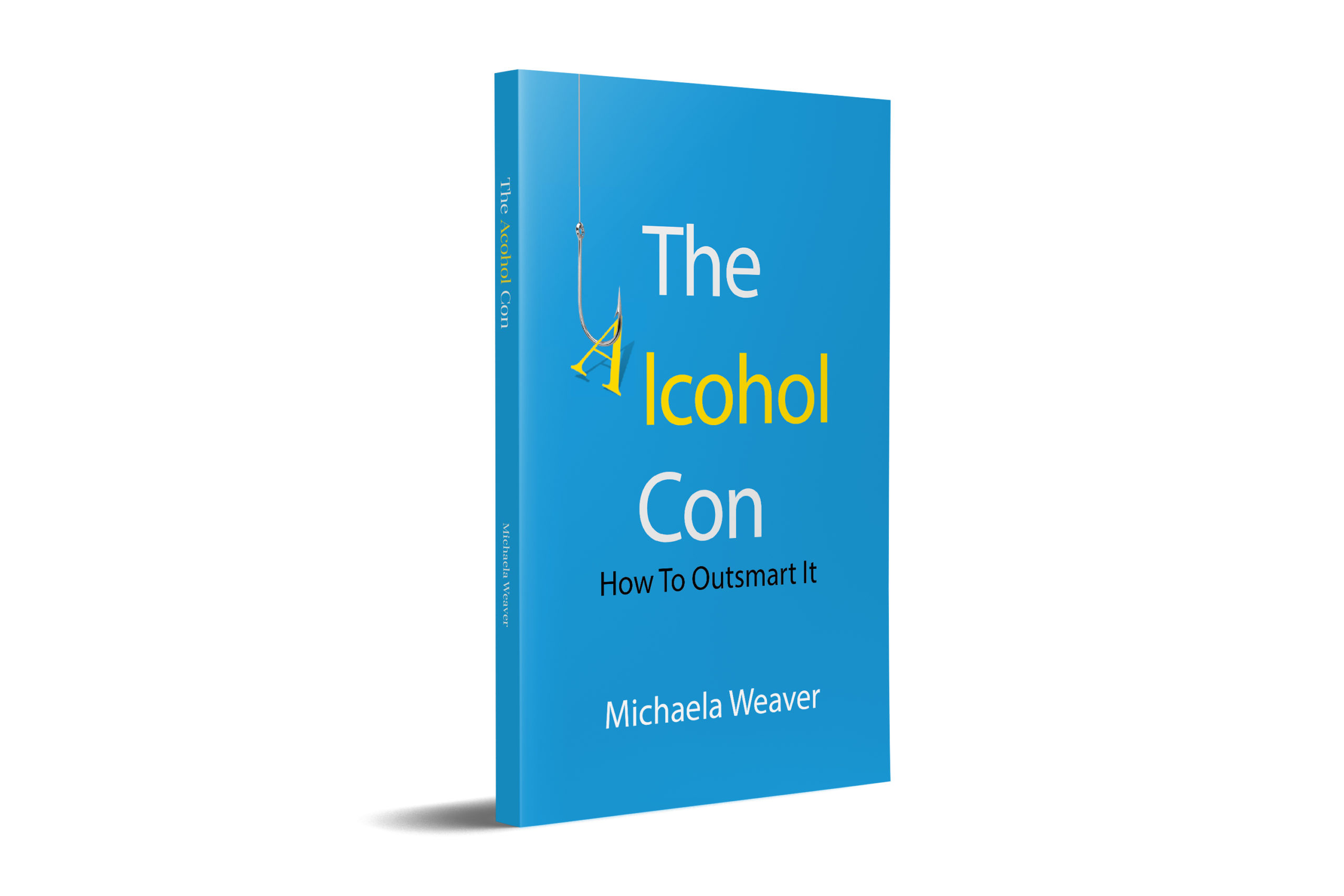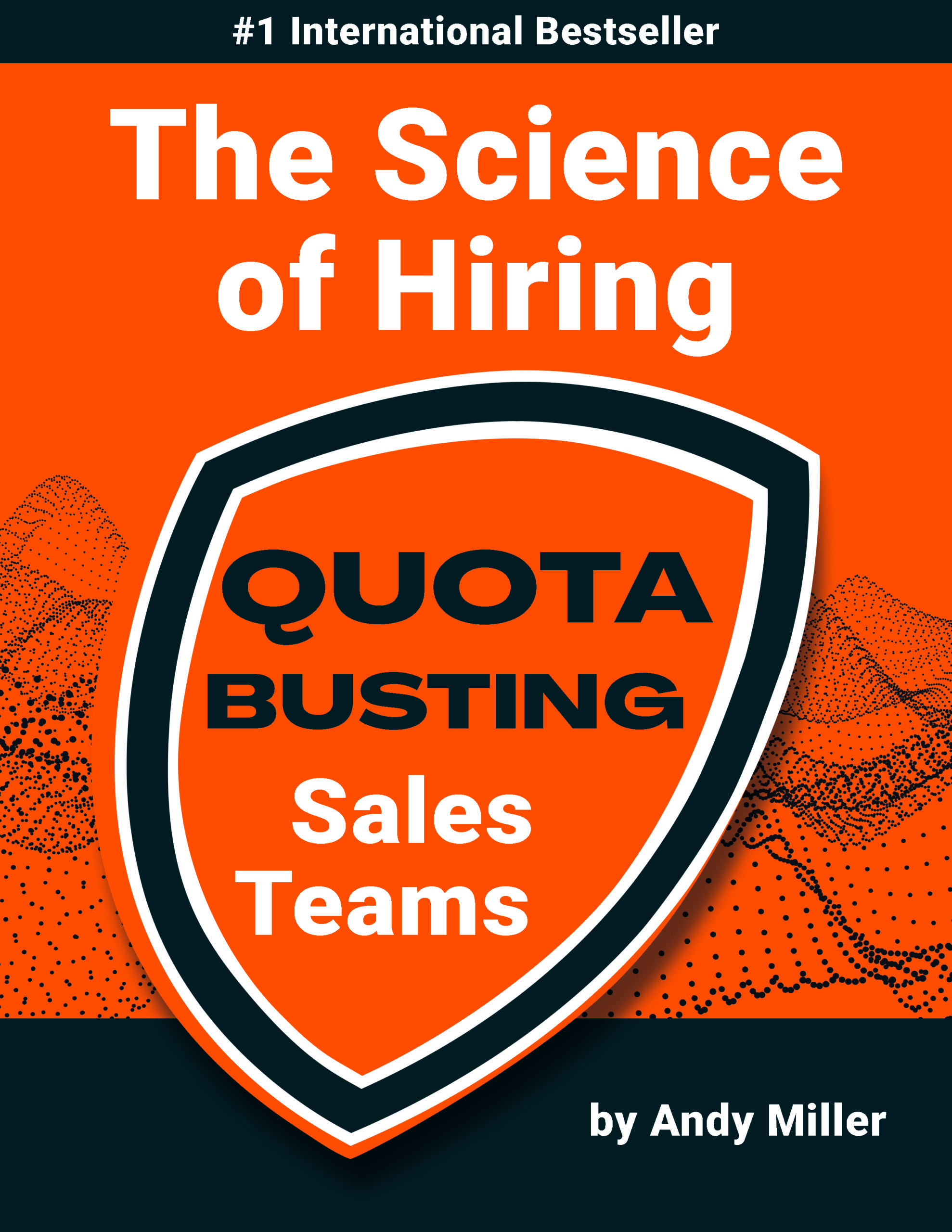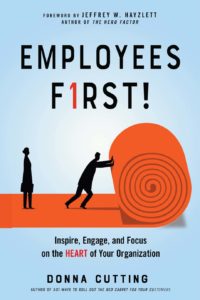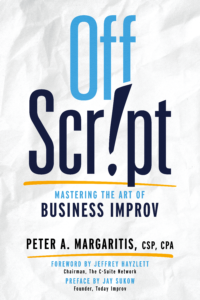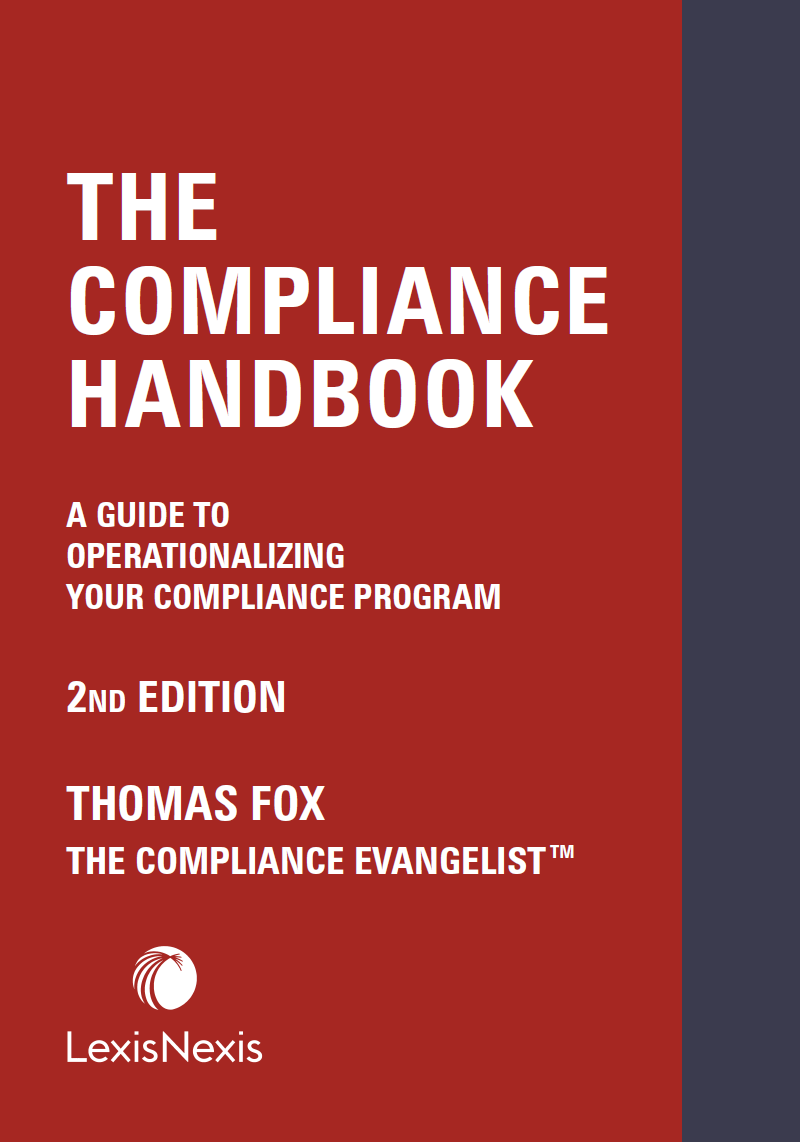Stop the Leadership Malpractice
Wally Hauck, PhD, CSP
A leader is a professional who is responsible for a standard of care of the organization and its stakeholders (employees, customers, investors). The use of the typical appraisal process is a breach in that standard of care. Its use causes injury to employees, customers and investors in ways that often cannot be measured. The injuries are emotional and are manifested in the lower employee engagement, lower productivity, poor quality and poor attitude.
Most Human Resource professionals, CEOs and attorney attribute the failure of the typical performance appraisal to poor management skills and or poor training of those managers who must implement it. This is incorrect. The techniques used by managers who conduct the typical appraisal meetings are the cause of failure. The book makes a strong case that it’s the design and the premises which underlie that design which are flawed. The book explains how these flaws cannot be overcome by even the most skilled of managers. The flaws can only be fixed by leadership and any leader who ignores this responsibility is guilty of malpractice. It’s in the assumptions and decisions of the leadership that must change first to make way for a replacement which more closely aligns with natural law and with the requirements of our “new” knowledge economy.
Appraisals attempt to measure the performance of an individual in a complex system. With stories and case studies this book demonstrates how it’s impossible to accurately separate the performance of an individual part from the influence of a complex system. Any attempt to do so is guesswork, opinion, bias and malpractice.
The book makes a case for a replacement process which is consistent with systems thinking. This alternative, The Complete Performance Improvement Process (CPIP), enables leaders to build trust between the individuals and not damage it as the typical appraisal does. This alternative enables leaders and the employees to act as partners and colleagues to solve process issues instead of the judge and the judged.
The alternative (CPIP) heaps a greater sense of responsibility on both the employee and the leader. These responsibilities are of higher quality and create higher standards of behavior and performance. The alternative demands employees are treated like adults and not like children. It enables managers to behave like facilitators and not omniscient parents and/or arrogant biased judges.
CPIP provides a process for immediate feedback and that process enables anyone (not just managers) to deliver that feedback without fear of retribution and without bias. The feedback is delivered solely for the purpose of increasing trust and/or improving learning both of which will lead to improved performance. CPIP discourages (and can prevent) feedback for the purpose of manipulation and for personal gain at the expense of the system performance.
CPIP facilitates the creation of joy at work for all employees. It’s a tool that enable leaders to create an environment that fosters fun, trust, the love of learning, innovation, productivity, continuous improvement, and outstanding results. It unleashes employee engagement. It also puts positive pressure on every one to improve their leadership skills. CPIP does all of this and it has the potential to do even more. The book explains the foundational theory, suggestions on how to implement the new process and ideas on how to sustain it. It also contributes to a vision of the future which includes self-organizing teams and a self-organizing system.
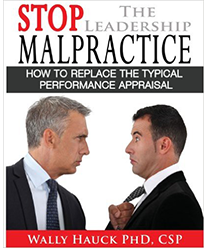

Virtually every Human Resources person I have spoken to in the past 15 years vigorously shakes his/her head up and down whenever I ask if they regularly see employees behave like children. Why is it that adults behave like children at work?
There are two major types of childish behavior we see from employees. The first type of childish behavior is very useful. Employees who are playful like children can be innovative problem solvers. Innovative childlike behavior can offer a big advantage because employees can see things from a completely different perspective. They are open to new ideas. They are playful and enthusiastic about simple things. They are fun to be around. We feel young and energetic around them. This is the playful innovative child. This is the kind of childish behavior we want from our employees.
The second type of childish behavior is damaging. This is the type of behavior that caused the Human Resources people to shake their heads like bobble head dolls. This is when employees behave like immature victims. They avoid responsibility and blame others for their problems. They fail to take action to solve problems unless they are told to do so. When they do take action it is usually incomplete or of poor quality and they rarely, if ever, will be proactive to avoid problems. Their best excuse is “It’s not my job.”
The ironic thing is, when we treat employees like adults they have a much higher probability of behaving like playful innovative children. When we treat them like children they act like childish victims. Here are three major reasons why employees behave like childish victims.
We have policies that scream ‘I don’t trust you’
85-90% of organizations conduct performance reviews and that policy sends a clear message, “I don’t trust you.” Performance reviews rate employee performance. It is like giving the employee a grade. Pay for performance policies attempt to control employee behaviors by making them focus on specific goal achievement. Both policies send a subliminal message that “we can’t trust you to do the right things and so we must control your behaviors.”
We teach what we allow
One thing that drives Human Resources professionals crazy is the unwillingness or inability of managers to discuss difficult performance issues with employees. Many managers avoid these confrontational discussions. A manager’s unwillingness to confront bad behaviors teaches employees that is is OK for them to behave like childish victims. Without feedback the “children” will repeat the behaviors. Furthermore, they may either encourage others to either behave badly or become demoralized. We need to give managers better tools to have these discussions immediately. We need to shift the conversation from negative confrontation to trust building and learning.
We have all been treated like childish victims and so we carry-on the tradition
Our public school system treats us like children. One might say, “of course we treat students like children because they ARE children for much of their schooling.” The problem is the lack of freedom of choice. Students have little choice in what they study and they have little understanding about why they are studying it. Even teachers have limited choices about curriculum or learning outcomes because they are told to teach to specific tests.
This lack of freedom creates a feeling of victimhood. People need and want to have choices. They want to feel they have control over their own world. They need to have freedom to act on their own (within boundaries). Even children need that feeling to boost their innovative playful tendencies. When we control behaviors we damage or kill that innovative playful nature. When we create the perception of limited control we end up with 35-40% drop out rates or kids pumped up on Ritalin.
We have grown up with these limited choices and so we perpetuate the culture of control in our organizations because that is all we know.
Summary
We must capture the good childish nature of our employees and avoid the childish victim behaviors. The only way to accomplish this is to treat employee like adults, give them more freedom, and trust them. We need to rethink our policies that send the wrong message of mistrust and replace them with those that send a message, “I trust you.”
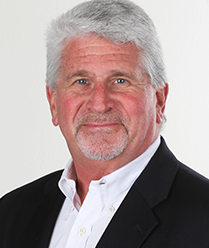
Wally Hauck, PhD has a cure for the “deadly disease” known as the typical performance appraisal. Wally holds a doctorate in organizational leadership from Warren National University, a Master of Business Administration in finance from Iona College, and a bachelor’s degree in philosophy from the University of Pennsylvania. Wally is a Certified Speaking Professional or CSP. Wally has a passion for helping leaders let go of the old and embrace new thinking to improve leadership skills, employee engagement, and performance.
Wally embraces Dr. W. Edwards Deming’s Theory of Profound Knowledge which helps leaders to remove obstacles that block effective performance. As a professor of Organizational Change and Development at the University of New Haven in Connecticut Wally received the highest ratings of all professors in 2012





